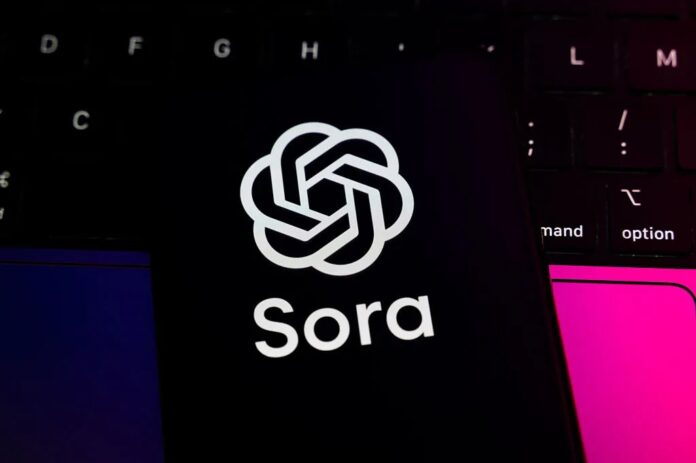OpenAI’s new social app, Sora, is embroiled in a legal battle over its use of the word “cameo.” The dispute centers on a trademark held by Cameo, the platform famous for celebrity video shout-outs. A U.S. District Court judge issued a temporary restraining order on November 21, 2025, prohibiting OpenAI from using “cameo” or similar terms within its Sora application.
The Core of the Conflict
The issue arose after OpenAI launched a feature allowing users to create deepfake videos, termed “cameos,” of themselves or others (with consent). Cameo, the company, argues that OpenAI’s use of the term creates consumer confusion and infringes on its established trademark. The company’s CEO, Steven Galanis, stated they are “gratified by the court’s decision…which recognizes the need to protect consumers.”
Legal Timeline and Next Steps
The current restraining order is in effect until December 22, 2025, at 5:00 p.m. A hearing is scheduled for December 19, 2025, to determine whether the ban will become permanent. As of today, the Sora app still appears to be using the term “cameo” despite the order. OpenAI has publicly disputed Cameo’s claim of exclusive trademark rights, telling CNBC it disagrees with the assertion.
Why This Matters
This case highlights the growing tension between AI innovation and established intellectual property law. Trademark disputes involving AI-generated content, or even the use of common words in new technological contexts, are likely to become more frequent. The outcome will set a precedent for how courts address similar claims in the future, potentially shaping the evolution of AI-driven social media platforms.
This dispute underscores the importance of thorough trademark clearance before launching AI products that borrow from existing brand recognition. OpenAI may need to rebrand this feature if it wants to avoid further legal action.




















































